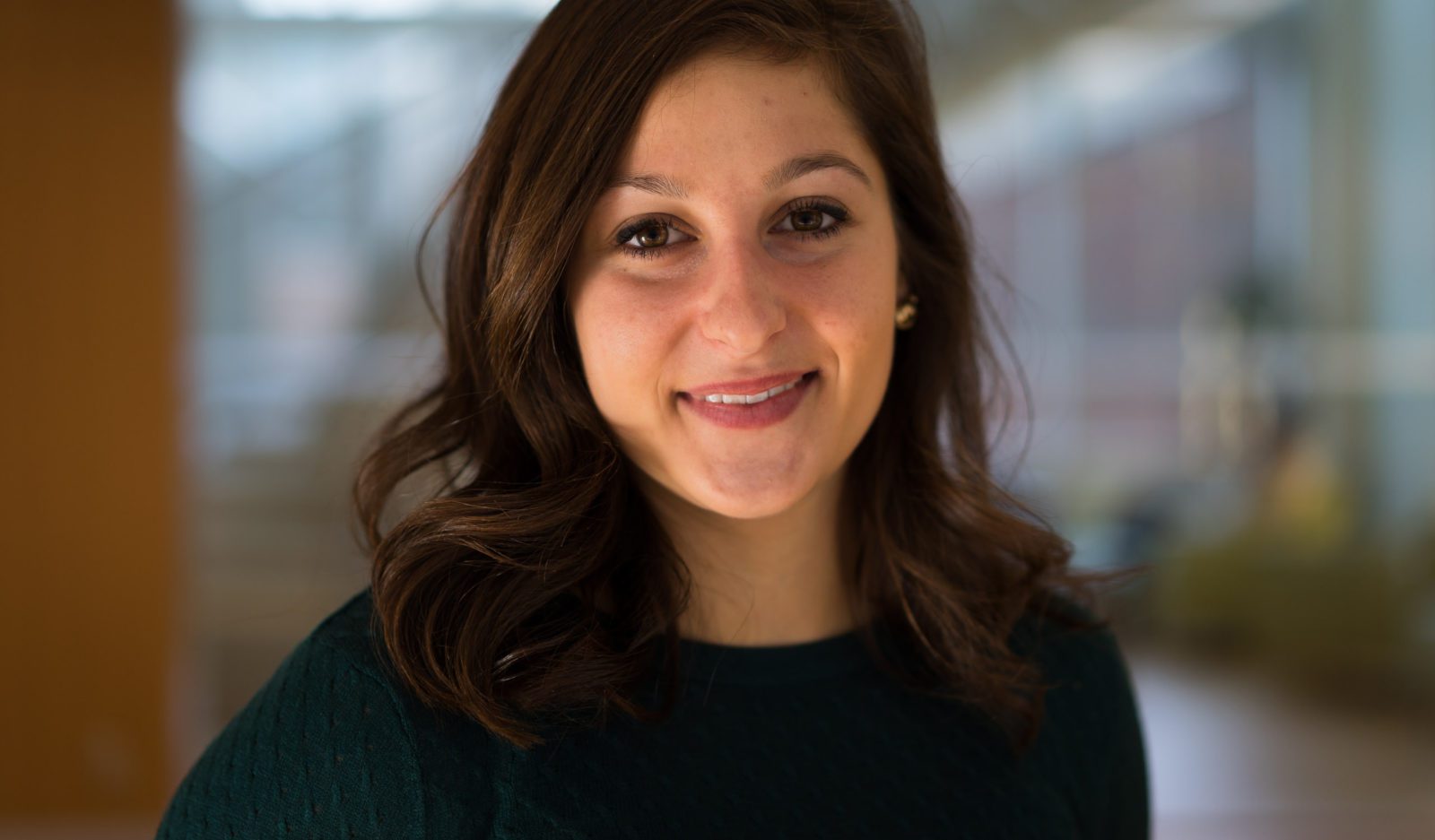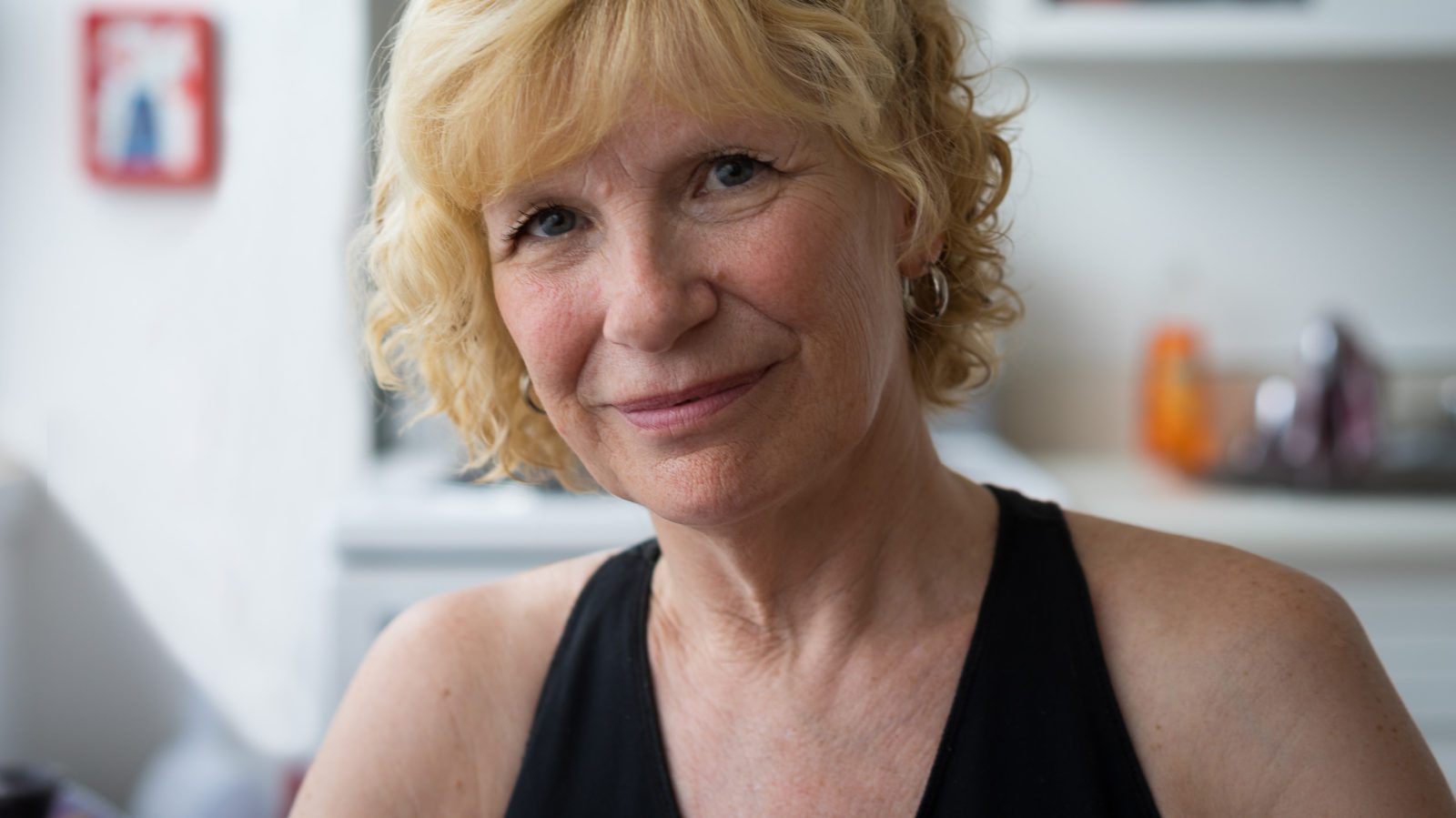dying
The COVID-19 pandemic is changing the dying experience
Unplanned hospitalizations – and coronavirus – must trigger advanced care planning discussions
Melissa S
Election 2015: The Health Care Debate
Pat
Conflict at the end of life: what happens when doctors and families disagree?

Informed consent to medical treatment is one of the foundational pillars of Canadian medical law and the practice of medicine. Before administering a course of treatment, health care professionals are expected to ensure that their patients understand the benefits and risks of each option and that they voluntarily agree to undergo the chosen therapy. In …
Will Dr. Low’s legacy be lost in our culture of fear?

Dr. Donald Low has directly impacted the lives of Canadians, first as a respected microbiologist who eased our concerns during the SARS crisis of 2003. Now, ten years later, he’s still influencing our views on public health, but the focus of this discussion is on what, morally speaking, we owe each other at the end …
For some patients the harm is not in dying, but in being kept alive

It’s been five years since my grandmother died, and I still remember how sterile, cold, and distant her hospital room felt, no matter my family’s loving efforts to make it look more like home. I still remember the guilt-feeling too, of having to work up the nerve to visit her there. You see, some days …
A ‘death denying society’: why aren’t more Ontarians using palliative care?

There is a striking paradox: while most Ontarians prefer to die at home, around 60% die in hospital. Only 30% of Canadians near the end of their life use palliative care services. Many experts believe that providing greater resources for palliative care does not currently appear to be an Ontario or federal government priority. Roger …





